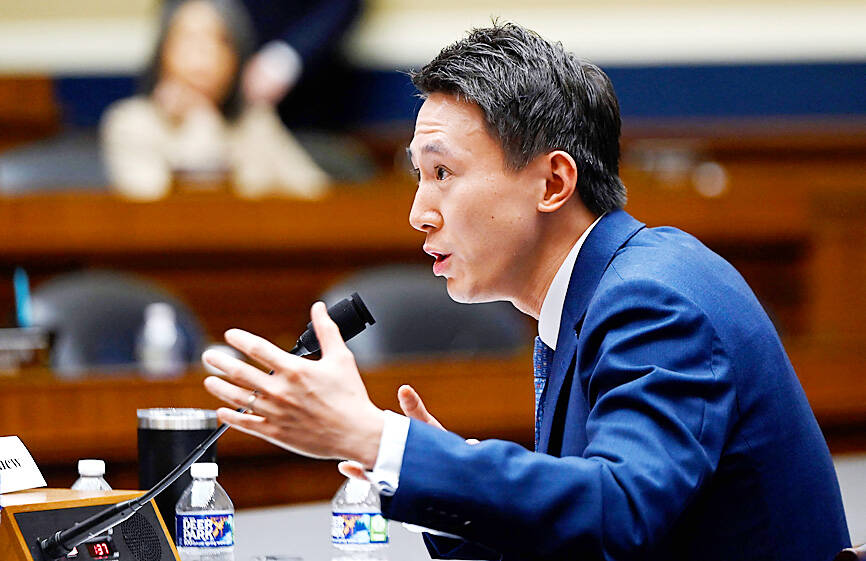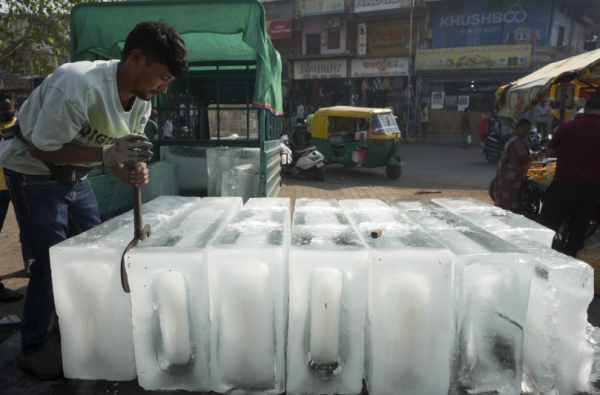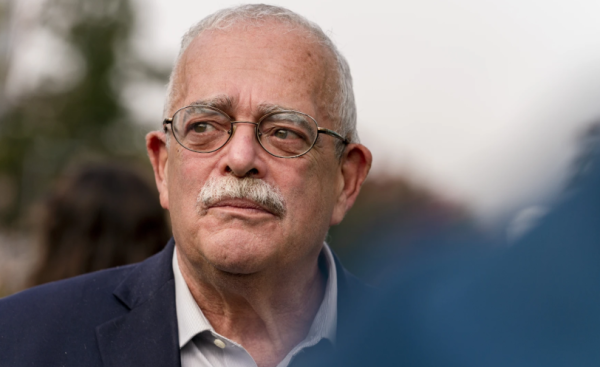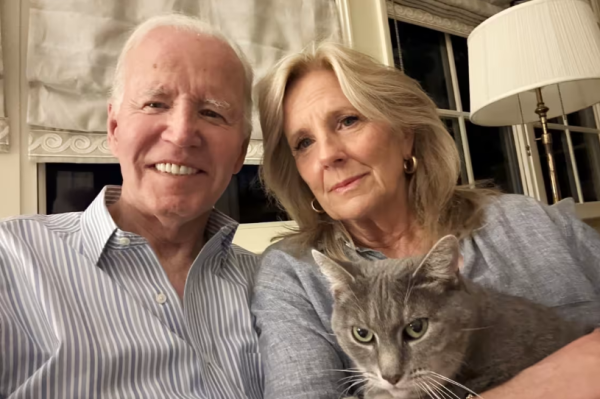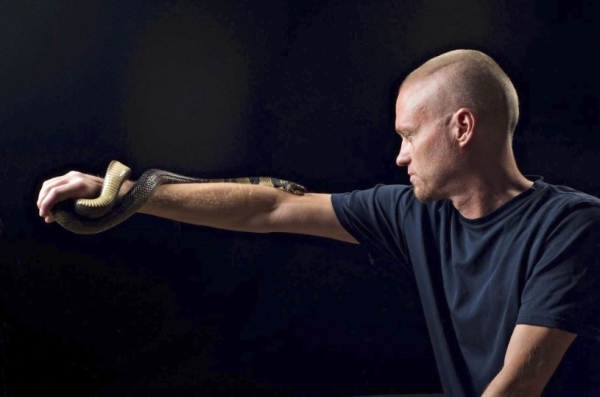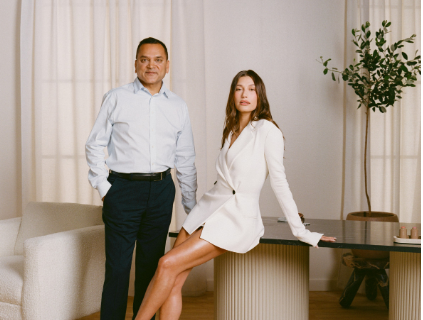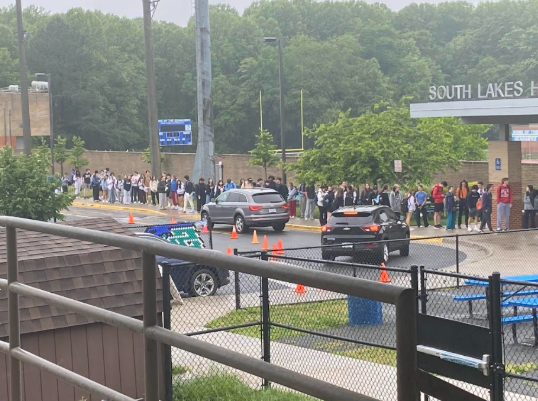Who is watching you through your phone?
Picture your private text messages, emails, and phone calls being revealed for the whole world to see. Privacy is one of the things people value the most. It’s the reason we put locks on bedrooms and bathrooms, and passwords on our devices. We tell our close friends and family our deepest secrets, the ones which we would never tell strangers. In the digital age, however, deep concerns have been raised over personal privacy and civil liberties. In the wake of attempts to ban TikTok in the United States, conversations about personal data privacy have become relevant yet again.
TikTok is arguably the most popular social media platform today, especially with teenagers. It is estimated that almost 150 million Americans use the app, and concerns have been raised about the connections between the app’s owner, ByteDance, and the Chinese government. China is notorious for mass surveillance of its citizens, with millions of CCTV cameras all over the country and ‘social credit scores’ that track and score the actions of citizens. These scores are accessible to anyone, and bad scores can result in consequences, such as losing the ability to use public transportation, longer wait times at hospitals, and even having pets taken away. Good scores can result in rewards, by contrast. This is a form of social manipulation, based on obedience to the state. The US Government has raised concerns that China is harvesting TikTok’s data, using the app as a window into American life. On March 23rd, TikTok’s CEO, Shou Zi Chew, was grilled on Capitol Hill by lawmakers. States around the country such as Utah are passing laws to regulate the use of social media by teenagers.
Almost ten years ago, in 2013, the conversation about personal data privacy became mainstream. Edward Snowden, a 29 year old computer hacker who was working for the National Security Agency (NSA), discovered the size of global mass surveillance constructed by the United States government. The programs he had access to included the NSA’s ability to access any American’s digital/telephone communications without a warrant. Snowden was an elite member of the United States Intelligence Community, with a high-level security clearance, granting him access to vast troves of classified material. He raised ethical concerns about the programs, although his superiors ignored him. In early 2013, he began to anonymously contact three journalists. He fled the US for Hong Kong, where he met with the journalists he contacted. He stored over a million highly classified documents onto a USB drive,which he surrendered to journalist Glenn Greenwald, filmmaker Laura Poitras, and journalist Ewen MacAskill. The classified documents were leaked, causing a massive backlash towards the government. He admitted that he contacted both Greenwald and Poitras due to the government targeting them for their reporting on US war crimes in the middle east.
The documents were published in The Guardian and The Washington Post. For several days, the journalists refused to disclose the identity of the leaker. Laura Poitras filmed an interview with Snowden at his request. When his name and face was revealed, the US government swiftly charged him with espionage and theft of government property. For eight days, Snowden was hidden in a Hong Kong hotel. The international press quickly descended upon the hotel, prompting Snowden and his associates to relocate. He fled to Moscow, but upon landing, the US State Department had cancelled his passport. For over a month, Snowden was stuck in the Moscow airport. He applied for political asylum in 27 countries, although the US vowed to punish any country that would take him in. Shortly thereafter, Russian President Putin allowed Snowden into the country for asylum.
The global reaction to Snowden’s leaks was mixed. Many, especially in the press, expressed concerns that the NSA was blatantly violating civil liberties surrounding personal privacy. Others, especially those involved in the US Intel Community, expressed concern that Snowden’s leaks had caused catastrophic damage to the country’s national security. Snowden’s clearance allowed him not only to access NSA documents, but also to access secret documents from US allies. Both Great Britain and Australia assessed that his leak was the most catastrophic intelligence loss ever to their respective countries. All three US presidents since then, from Obama to Trump to Biden, have so far refused to pardon Snowden. The US government has declared that were he to return, he would receive “full due process” in a court of law. Snowden has remained skeptical however, noting correctly that the Espionage Act of 1917 forbids an accused individual from receiving a trial by jury, that is guaranteed under the US constitution. He has also commented that the Espionage Act of 1917 was meant to prosecute foreign spies, not whistleblowers.
While it has been a decade, the Edward Snowden leaks have contributed to the common knowledge of mass surveillance, many people have become apathetic that any change will occur. In September of 2020, a US federal court ruled that the NSA’s mass surveillance programs were illegal and possibly unconstitutional, and that the leaders of the US Intelligence Community were knowingly lying to the public. Despite this, more programs have been revealed by whistleblowers, such as the CIA’s Vault 7, which detailed the CIA’s mass surveillance and cyberwarfare capabilities. Many see whistleblowers, especially those in the government, as key to holding the powerful accountable. Others see them as harmful for leaking sensitive information, endangering national security or the stability of a particular organization. Perhaps this debate, especially regarding TikTok, will continue.
TikTok has seen a meteoric rise since 2019, rivaling long-established social media platforms such as Facebook, Twitter, Youtube, Snapchat, and Instagram, who are no stranger to concerns about data privacy. Perhaps TikTok could learn something from them, and improve the public’s confidence in the platform. If they don’t, perhaps the government will have no choice but to ban the platform.
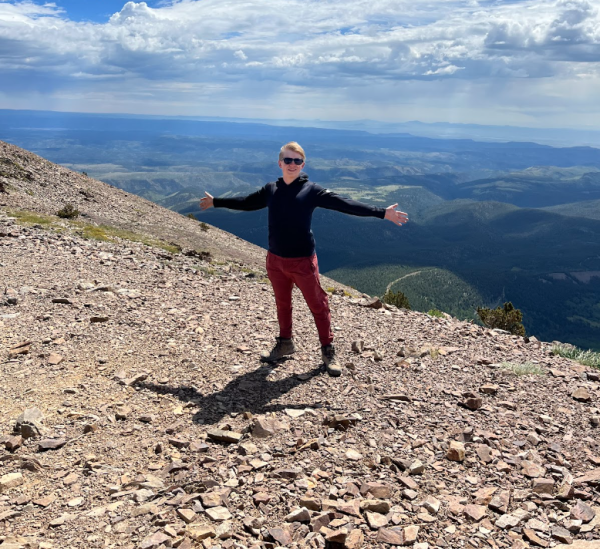
Tadek Wieczorek is a Senior at South Lakes High School. He is highly interested in current news and politics, and hopes to channel these interests into...








